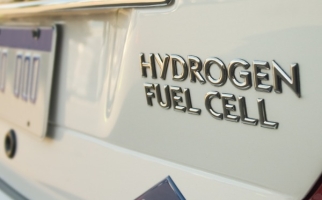
Hydrogen Fuel Cell Vehicles
Backgrounders
Learn about vehicles that use hydrogen for fuel.
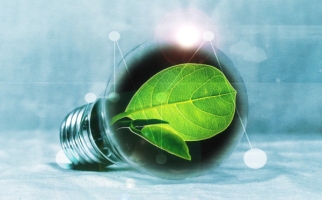
Green Energy
Backgrounders
An overview of environmentally-friendly ways to generate electricity and power

Sustainable Aerospace Firsts
Backgrounders
Learn how Boeing is making aviation more sustainable.
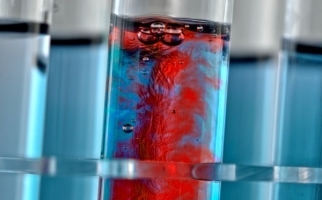
Evidence of Chemical Change
Backgrounders
Learn how to tell if a chemical reaction has taken place.
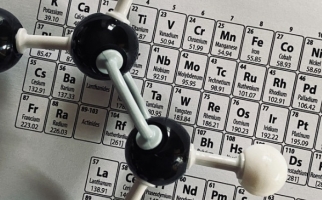
Introduction to the Periodic Table of the Elements
Backgrounders
Learn about the elements of the periodic table and how they are organized.
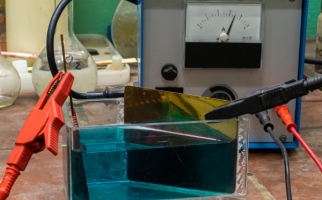
Chemical Reactions: Conditions & Speeds
Backgrounders
Learn about the special conditions that let some chemical reactions take place.
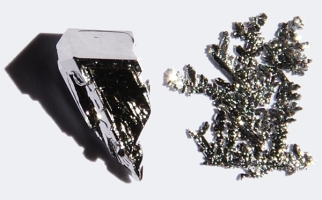
Catalytic Converters
STEM Explained
Learn about how catalytic converters make vehicle emissions less harmful.
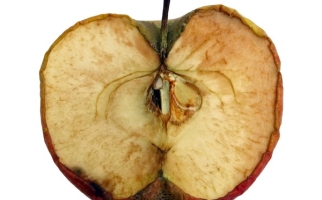
Why Do Apples Turn Brown After You Cut Them?
STEM Explained
Has your fresh juicy apple turned an unsightly brown? Learn about the redox reaction behind the transformation.
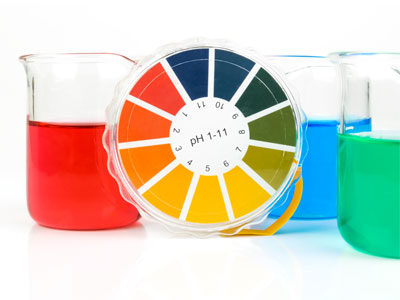
What happens when acids and bases mix?
Hands-on Activities
Learn about acid-base reactions. Make you own pH indicator and test it with different solutions.
Microbial Fuel Cells
STEM Explained
In a few decades, some of the electricity you use might be generated by bacteria.
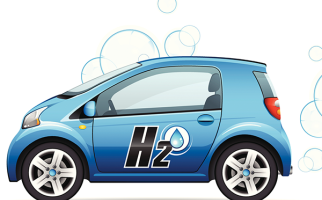
The History and Uses of Hydrogen
STEM Explained
Hydrogen’s tendency towards combustion is what makes it both a dangerous chemical element and a useful energy source.
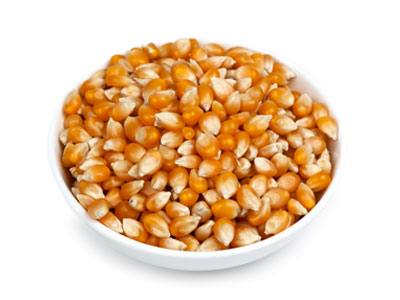
How can you make popcorn kernels dance?
Hands-on Activities
Get your popcorn kernels dancing with this uplifting chemical reaction.

How can I stop bananas from turning brown?
Hands-on Activities
Explore the chemistry behind why bananas turn brown. Can chemistry also help prevent this?
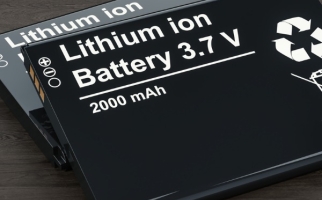
How does a lithium-Ion battery work?
STEM Explained
Learn about the electrochemistry in the batteries that power many of the devices you use every day.